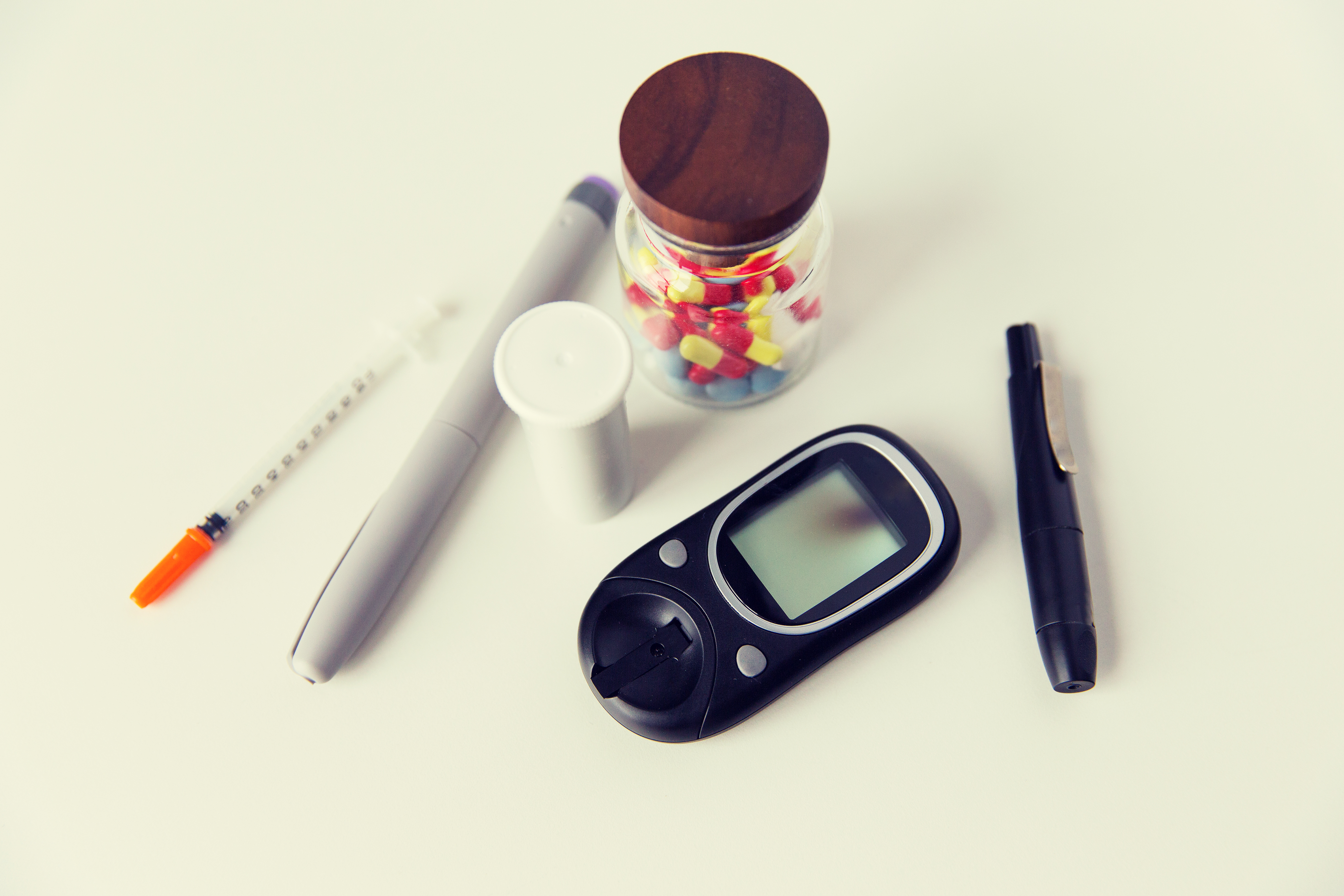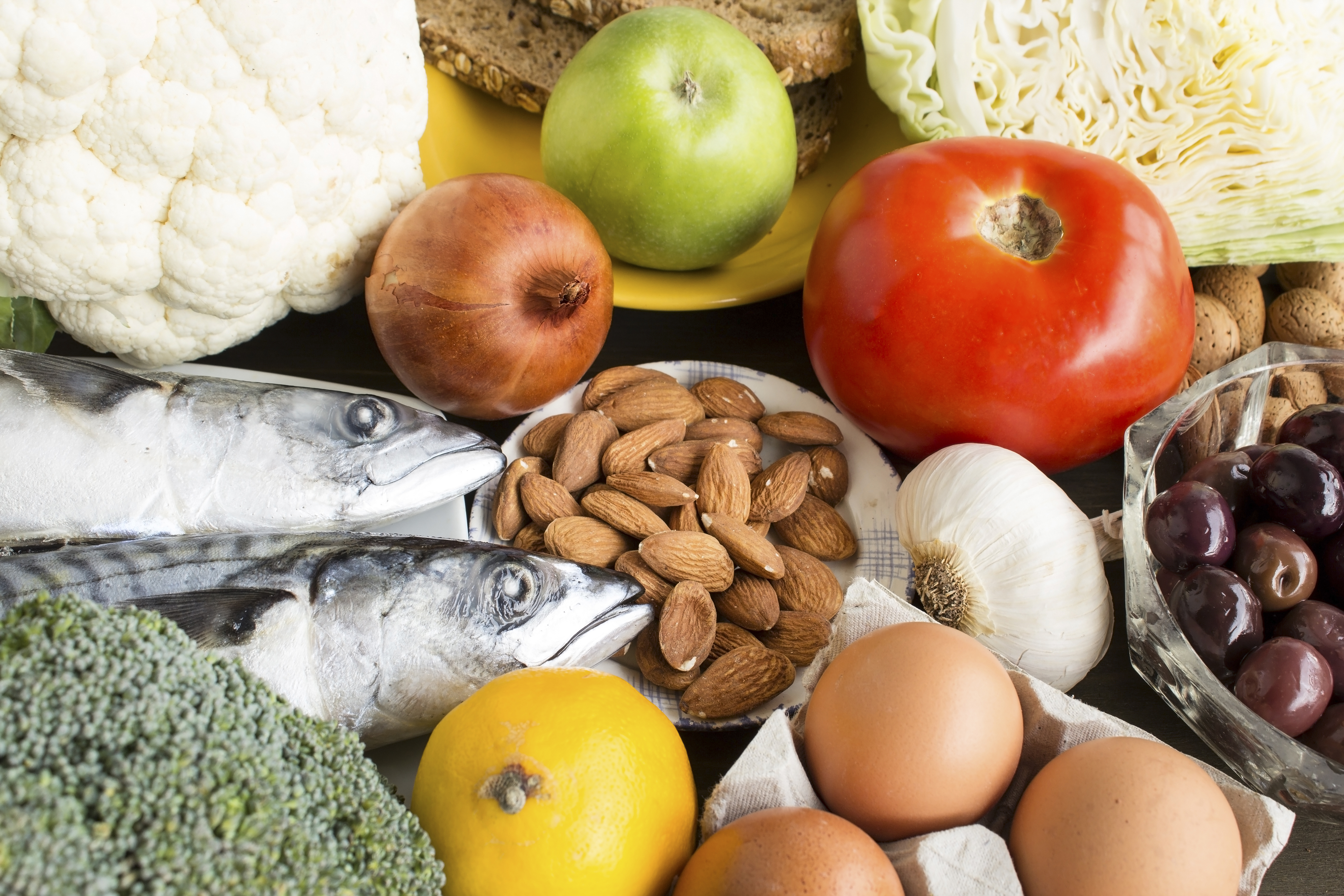Fueling Aging Hearts and Bones
Common health issues facing seniors and the dietary changes that can prevent them.
by Abigail Reno | published March 5, 2021

It’s a well-known truth that our bodies change as we age. The amount of sleep we required as children we no longer need – or, frankly, have time for – as adults. We know this. Even so, it’s a harder truth to accept that the habits that carried us through the bulk of our lives may not be what’s best for us as we enter our golden years; especially when it comes to food. Unfortunately, remaining healthy can become a challenge as a senior (50+) even when we’ve otherwise been in good health throughout our lives. Some of the main health issues faced by seniors are related to cardiovascular health, bone health, and blood sugar levels1. All of these can be avoided, and alleviated, through targeted nutritional changes. As always, the best course of action is to discuss your personal health and lifestyle changes with your doctor. But for a simplified answer, we’ve broken down nutritionist recommendations by issue for an easy guide to feeding yourself, or a loved one, during their best years of life.
Diet and Cardiovascular Health
Without getting too lost in the science, this section boils down to high blood pressure and high cholesterol, both of which greatly increase your risk of heart attack and stroke.

- High Blood Pressure, also called hypertension, is determined by the amount of blood your heart pumps and the amount of resistance that blood faces within the arteries. Sodium, alcohol, and tobacco increase blood pressure2.
- High Cholesterol is misleading because there are good cholesterols and bad cholesterols. What people are usually concerned about is the bad cholesterol, i.e. low-density lipoproteins that can build up on the walls of your arteries. This makes them narrow, which increases the resistance, which increases blood pressure. Saturated fats and trans fats are the dietary culprits for this one3.
So then the big question…
How should I eat to avoid (or improve) high blood pressure, high cholesterol, and heart disease?

- Sodium = High Blood Pressure. Beware the salt! Look for hidden sodium in canned items and seasonings, and opt for low sodium options or alternative spices to keep the flavor without angering the arteries.
- Serving size. Americans are notorious for eating large portions. The bigger the better, right? Unfortunately, this is not the case with cardiovascular health, as the bigger our bodies become, the more work our arteries must do to push blood – and the nutrients it carries – throughout our bodies.
- Bad Fat. While there are such things as good fats, unhealthy fats such as saturated fats and trans fats. This means margarine, desserts, fatty or processed meats, and high-fat dairy products. A lot of processed products – essentially the middle part of the grocery store – tend to be high in trans fat so reading the label is a must4.
- Fiber fiber fiber! It’s a whole grain thing. Whole grains contain high amounts of fiber, which is broken down more slowly in the body than simple sugars (like white bread and cookies), which leads to lower increases in blood sugar and insulin! Fiber helps regulate blood pressure, lowers bad cholesterol, and overall contributes to heart health5.
Type 2 Diabetes and Food
Type 2 Diabetes is a problem with how the body produces and reacts with insulin, ultimately affecting the cells’ ability to take in the sugars they need to function. There are many genetic factors that contribute to developing Type 2 Diabetes, but a person’s weight, activity level, cholesterol levels, and overall nutrition are huge factors as well6.

What kind of diet helps avoid becoming pre-diabetic, and what type of nutrition can help manage Type 2 Diabetes?
As we said before, always consult your doctor if you believe you are at risk for becoming prediabetic or developing Type 2 Diabetes, as diet and exercise alone are not always enough. For those of you who are simply curious about the recommended nutrition for this disease, here are four tips to consider!

- Whole Grains. We said it before and we’ll say it again: eat your whole grains!!! Fiber > simple sugars. This means AVOID obvious culprits like white bread, white rice, potatoes, donuts, bagels, and any hidden refined sugars that lurk in processed foods! Instead choose whole wheat and whole grain pasta, breads, and flours that contain the fiber your body needs to better regulate blood sugar and insulin levels.
- Beware the hidden sugars. Manufacturers love to hide sugars using crazy chemical names that are often ingredients in processed foods. Similarly, be careful not to drink your sugars. Soft drinks and seemingly healthy juices alike may contain deceptive amounts of simple sugars. Always read the labels.
- Avoid red meat. We all love meat and potatoes, but studies show even small portions of red meat and processed meats can greatly increase your risk of Type 2 Diabetes. Like, exponentially! Suddenly that steak feels less worth it.
- Learn the difference between healthy fats and bad fats. We talked about this in the section above. Polyunsaturated fats, like those found in liquid vegetable oils and nuts, are good! Trans fats, found in margarine, processed baked goods, fried foods, etc…are not5.
Good Bones: Avoiding Osteoporosis and Osteoarthritis Through Diet
Bone is made of living tissue. Bone cells are constantly breaking down and renewing, and thus require exercise and nutrients to continue rebuilding. As children, our bodies produce more of this tissue than is broken down, and peak bone mass is typically reached around 30 years of age. As we reach our later years, however, this balance shifts causing many people lose some amount of bone mass. When your bones are losing more mass more quickly than the body can replace it, the bone density weakens. This can lead to painful fractures and overall frailty of the bones.7

More articles about HEALTH!
We love to hear from you!
Leave BYOL a comment below about your own best years! We love hearing about your experiences with products and services featured on our site. Your feedback makes us better!
